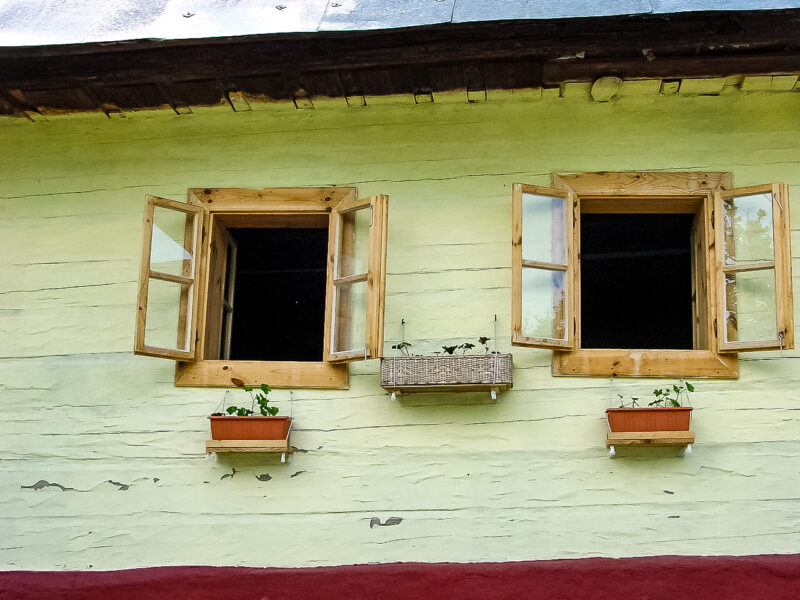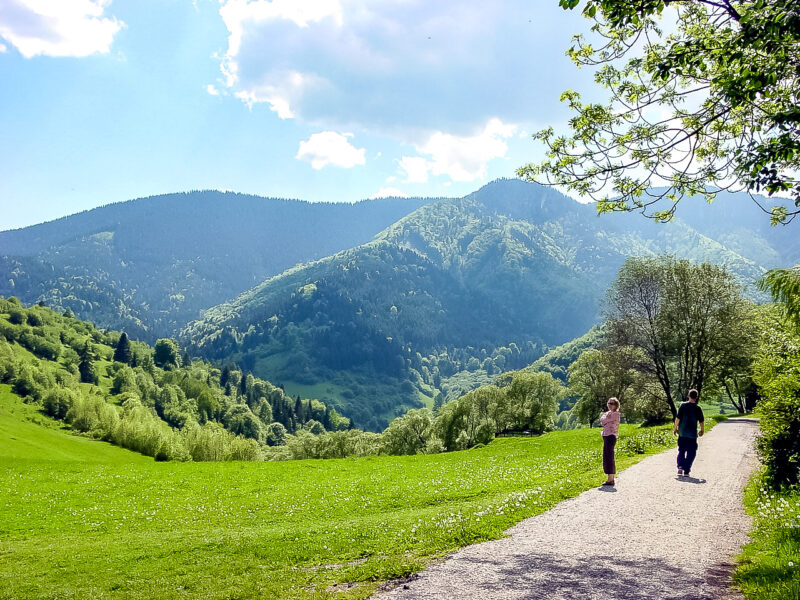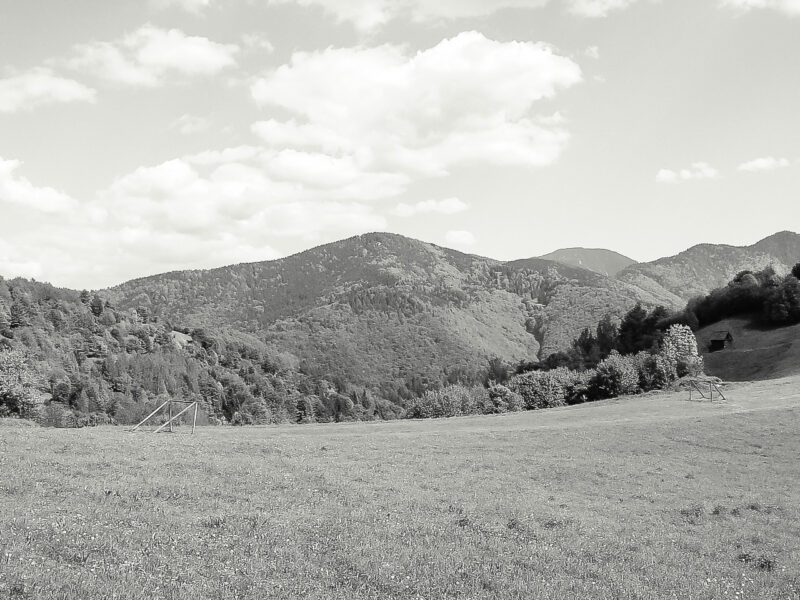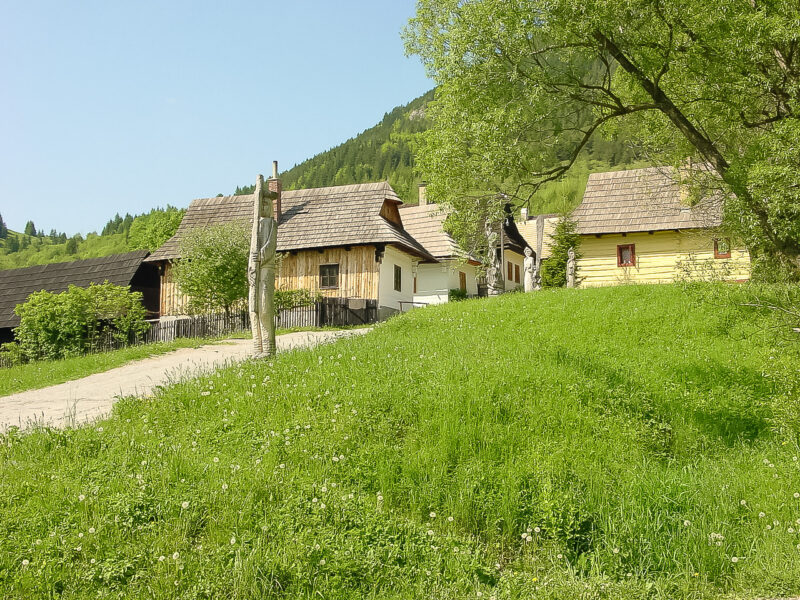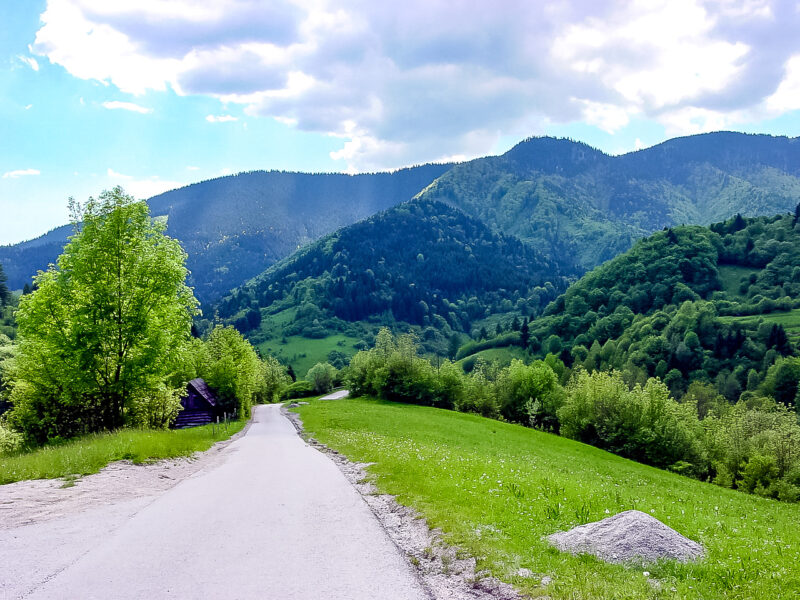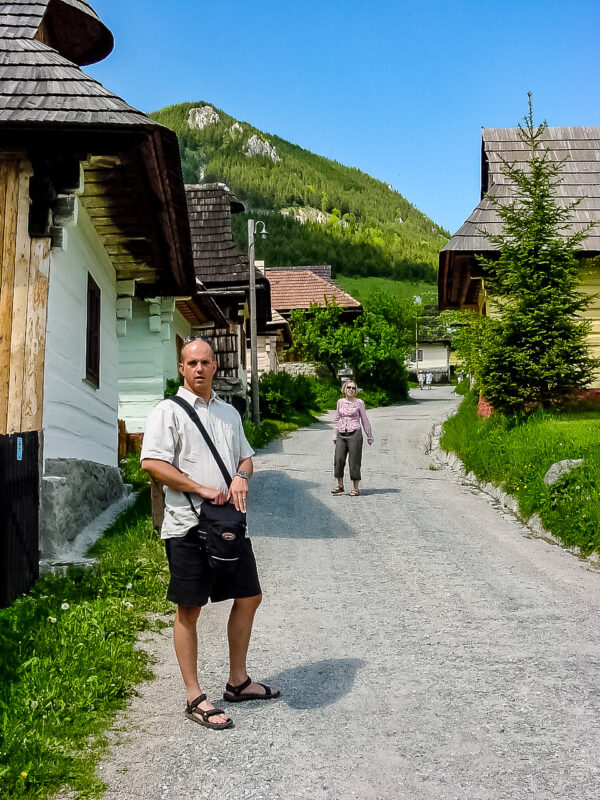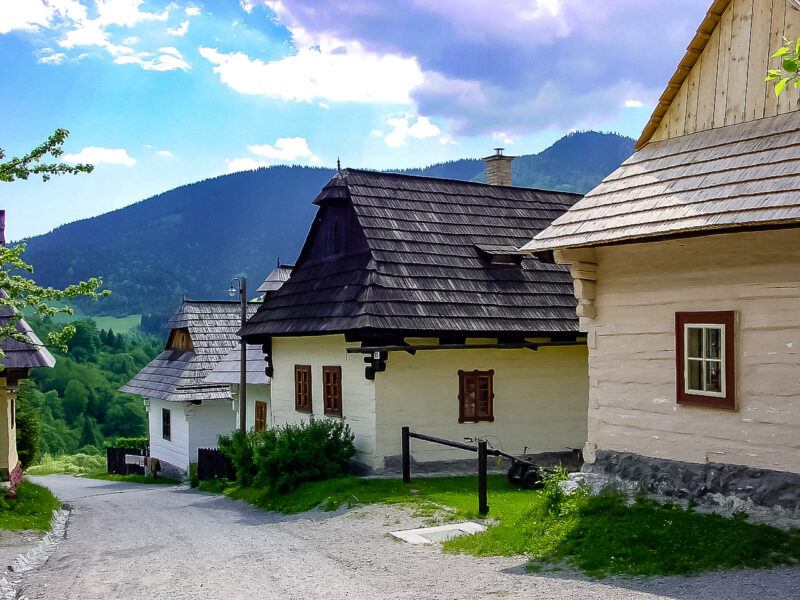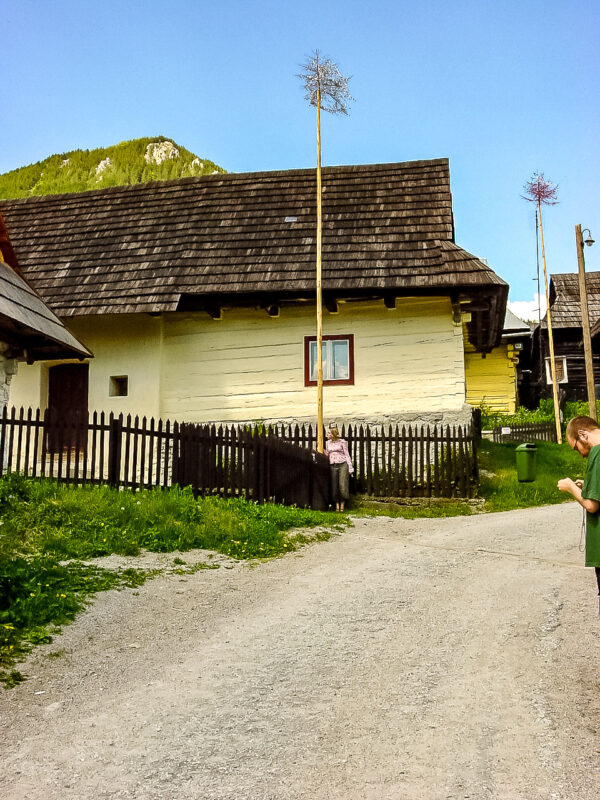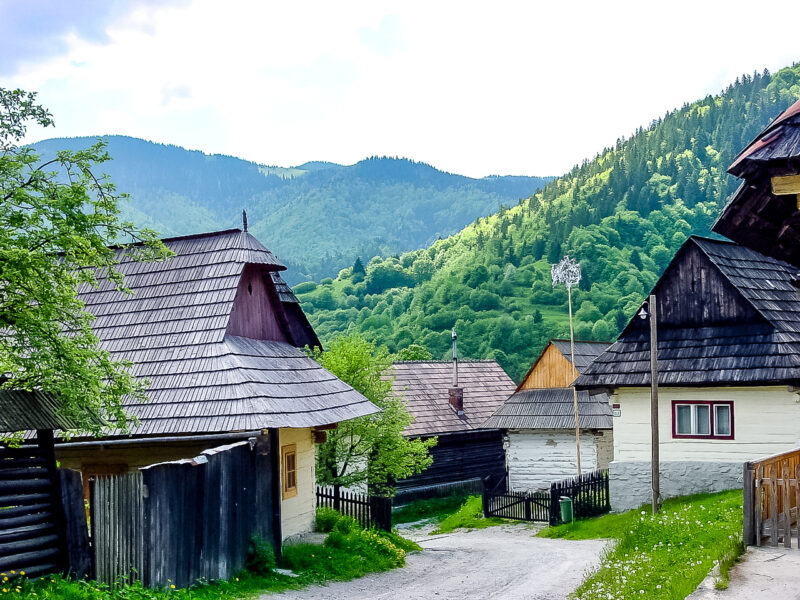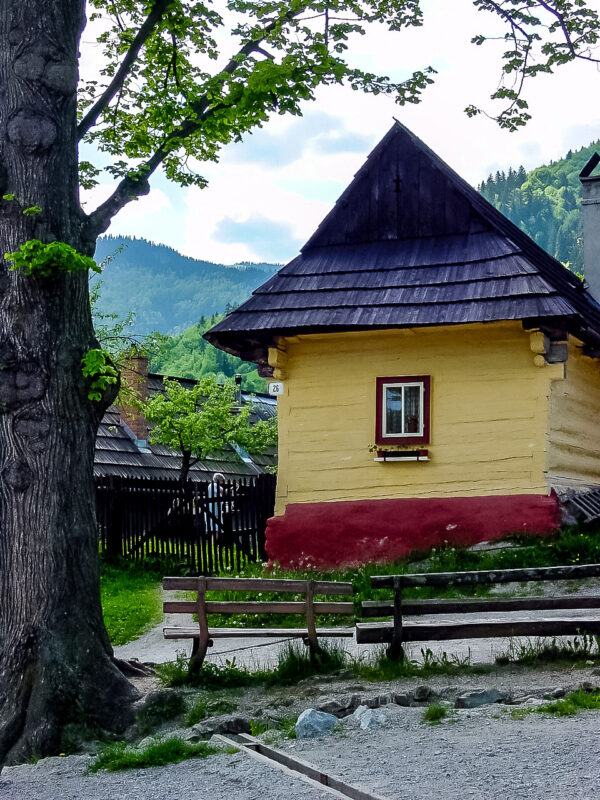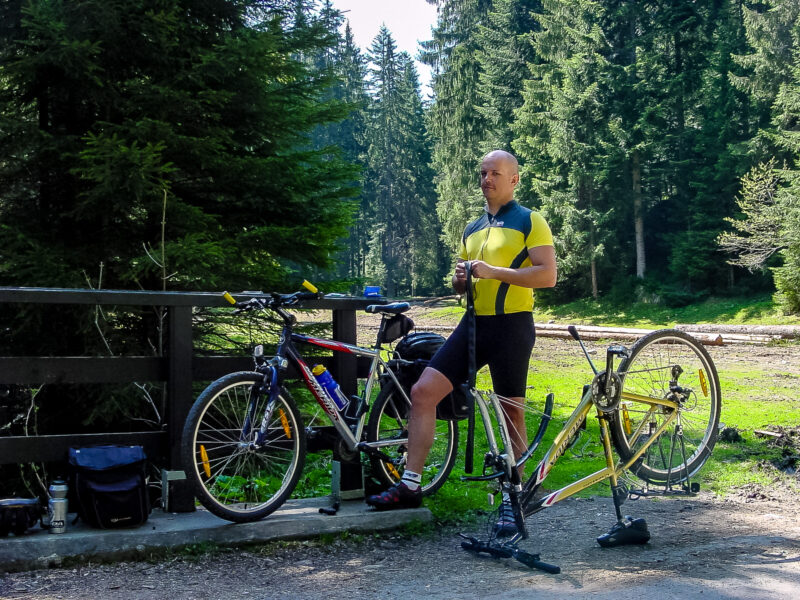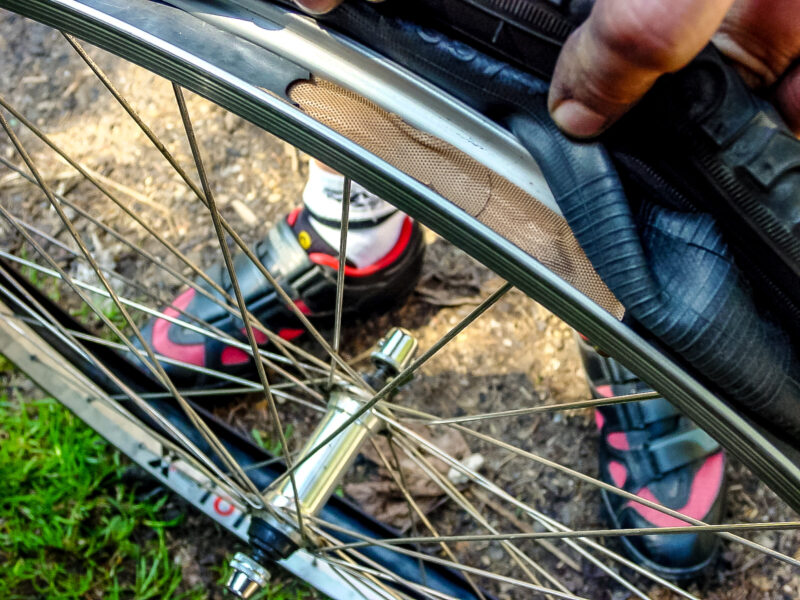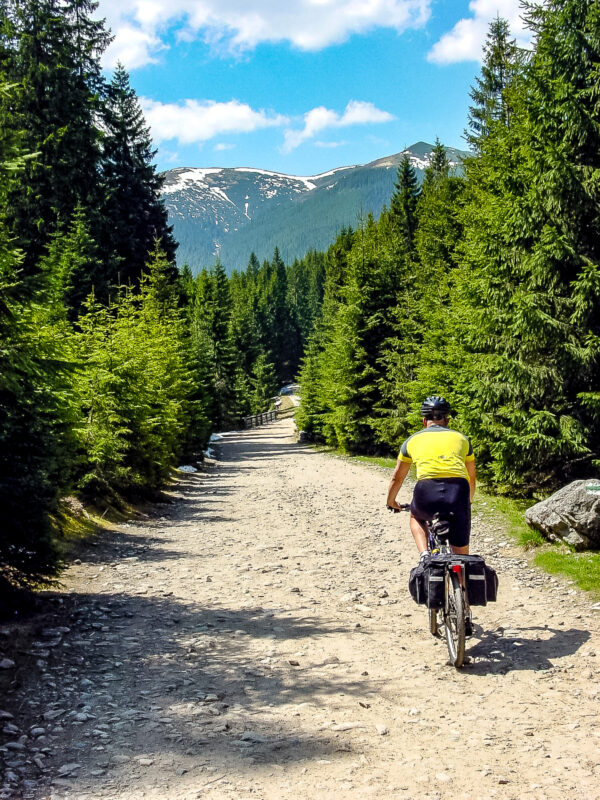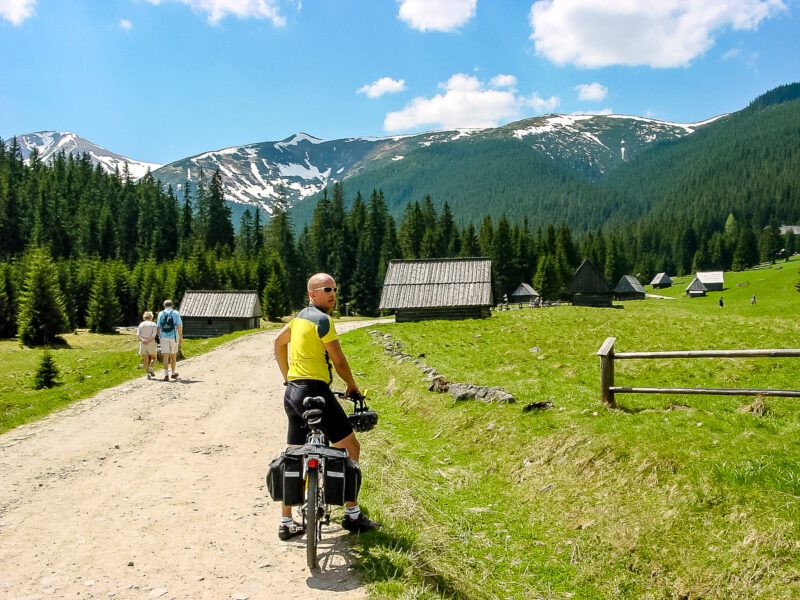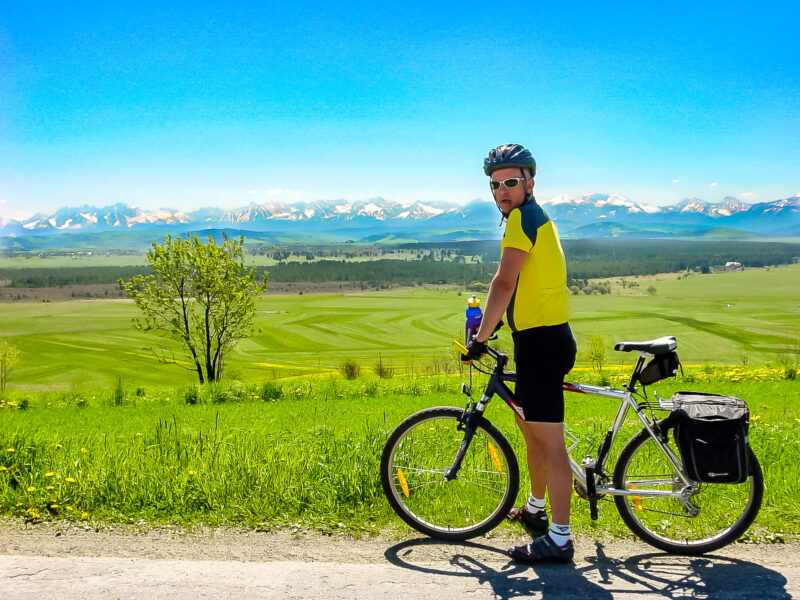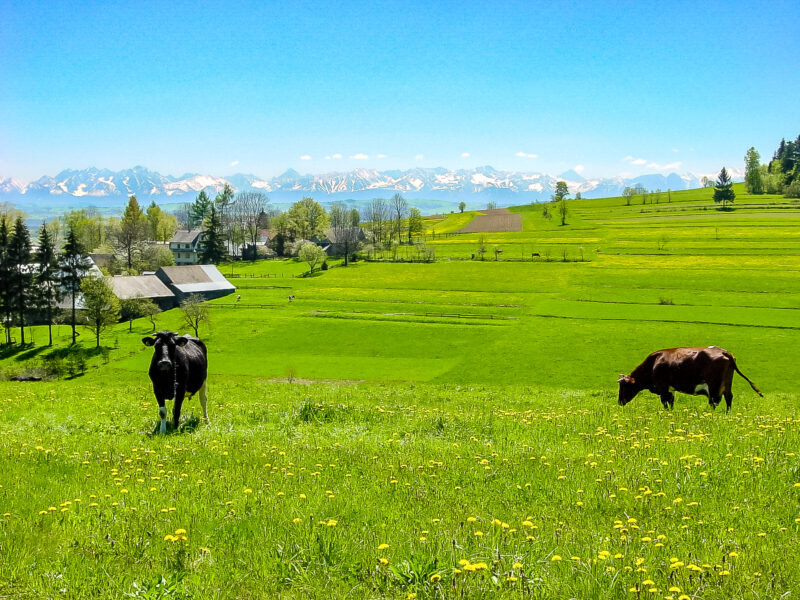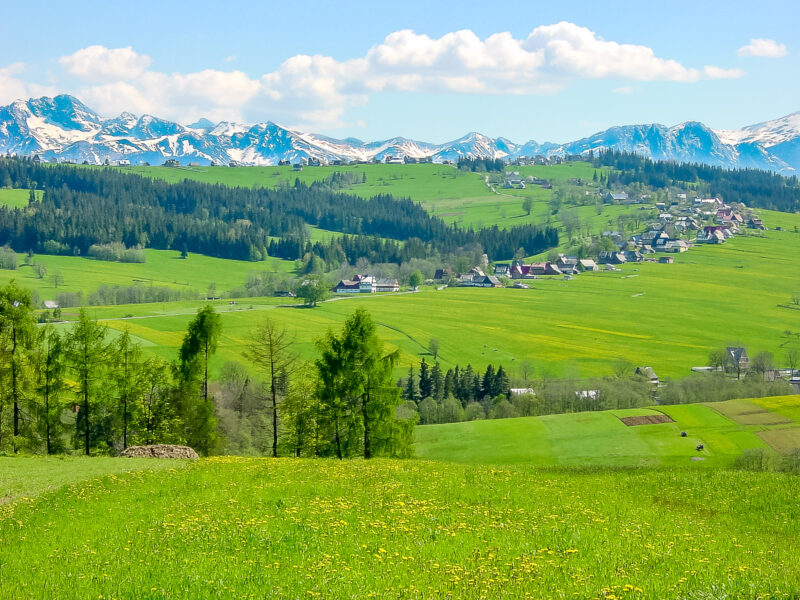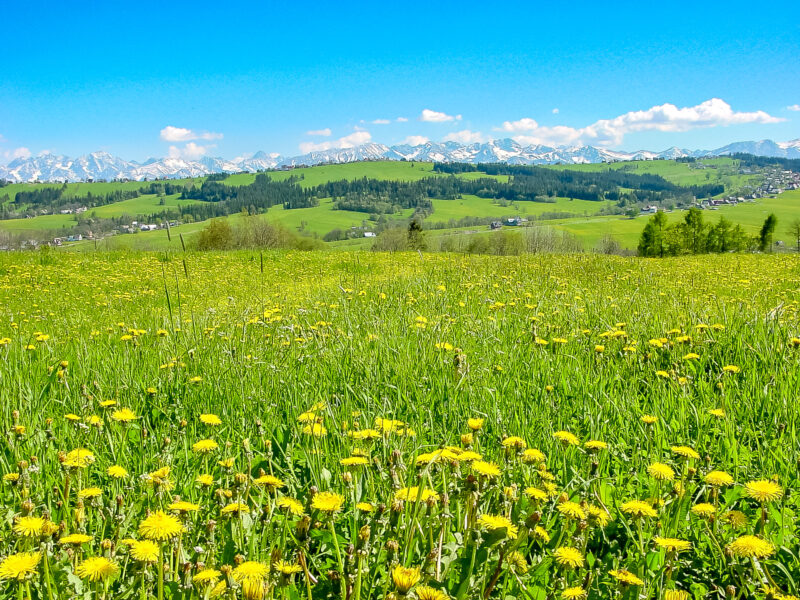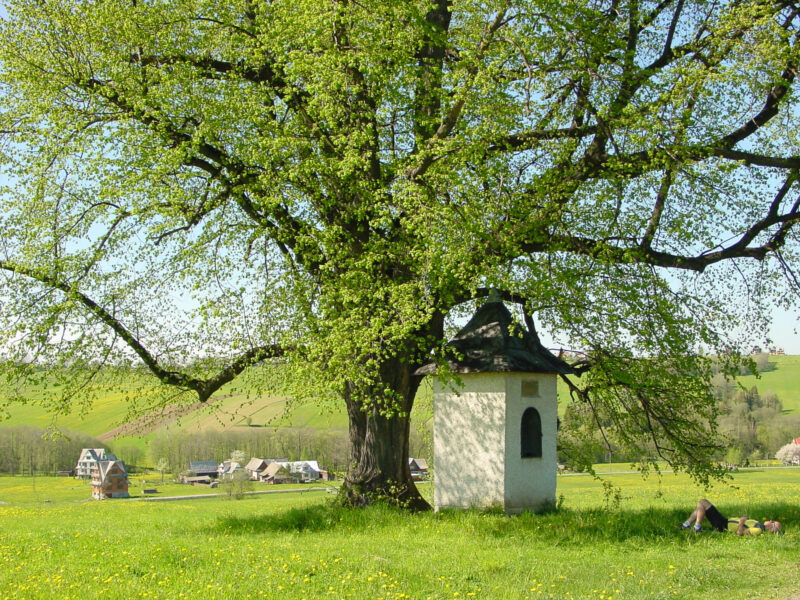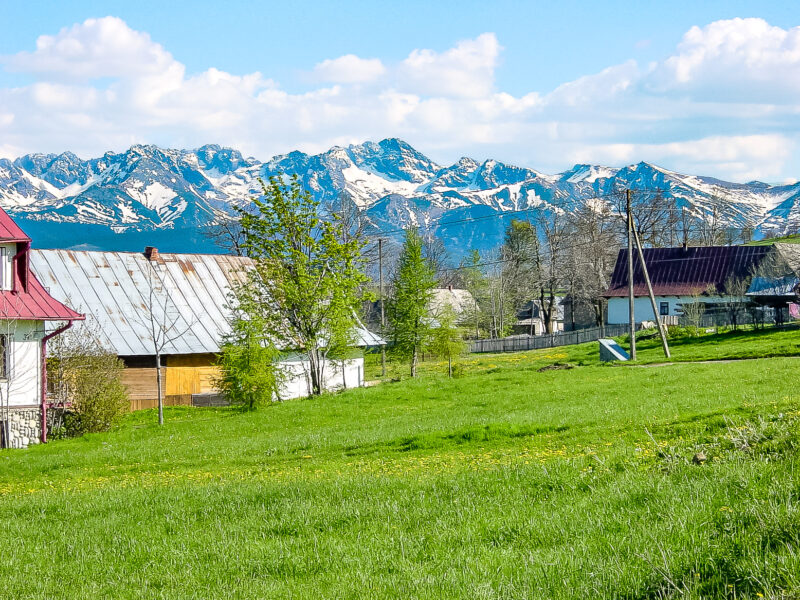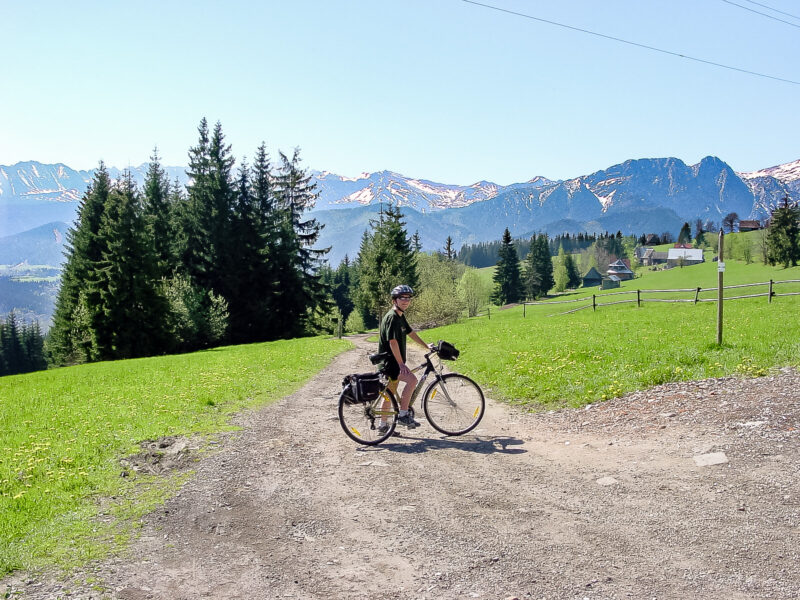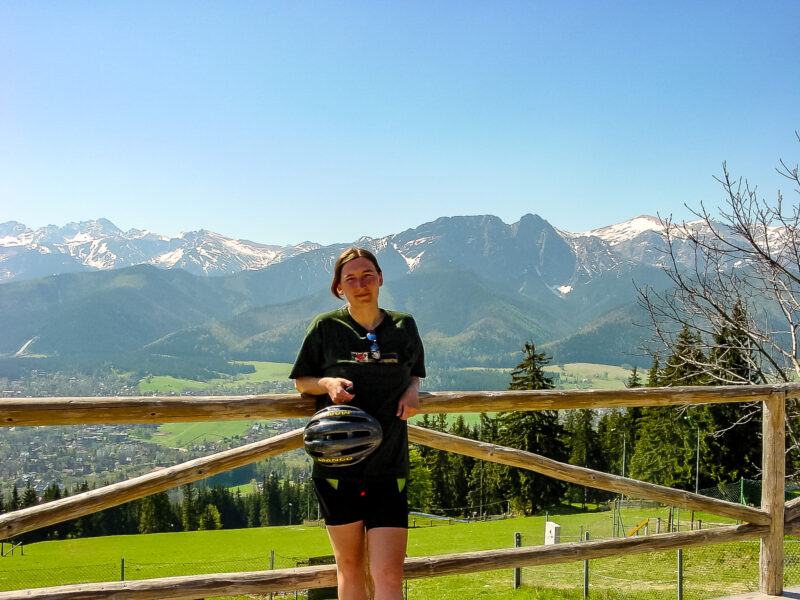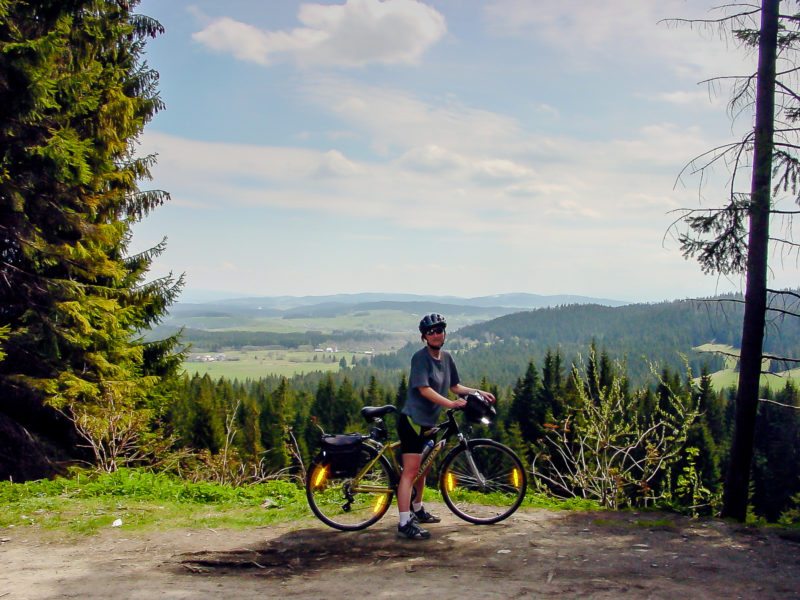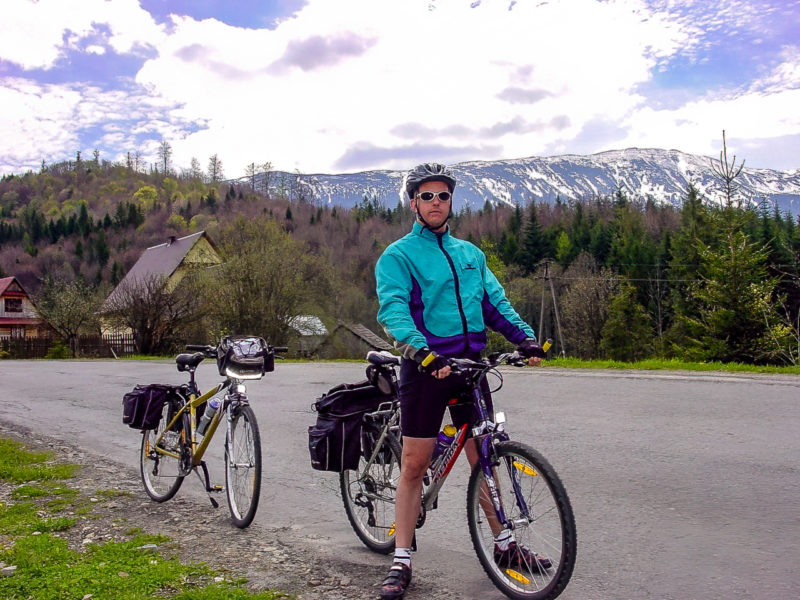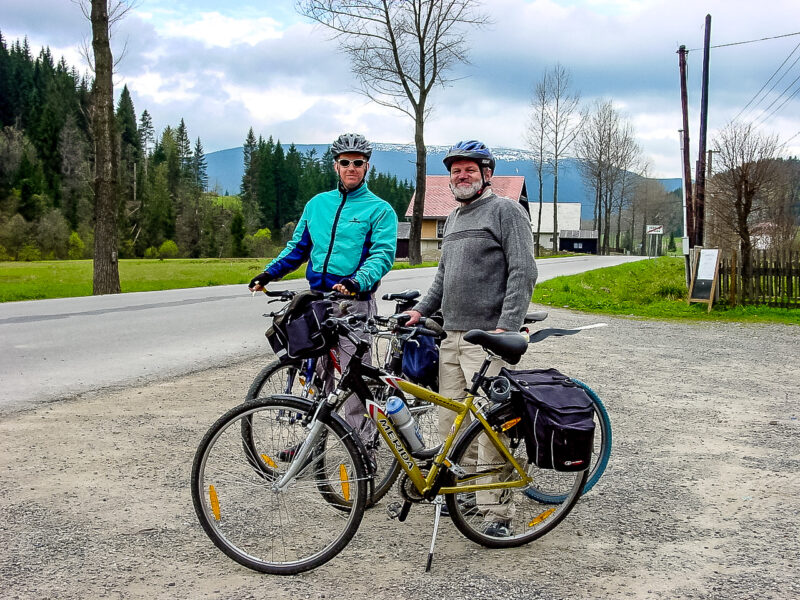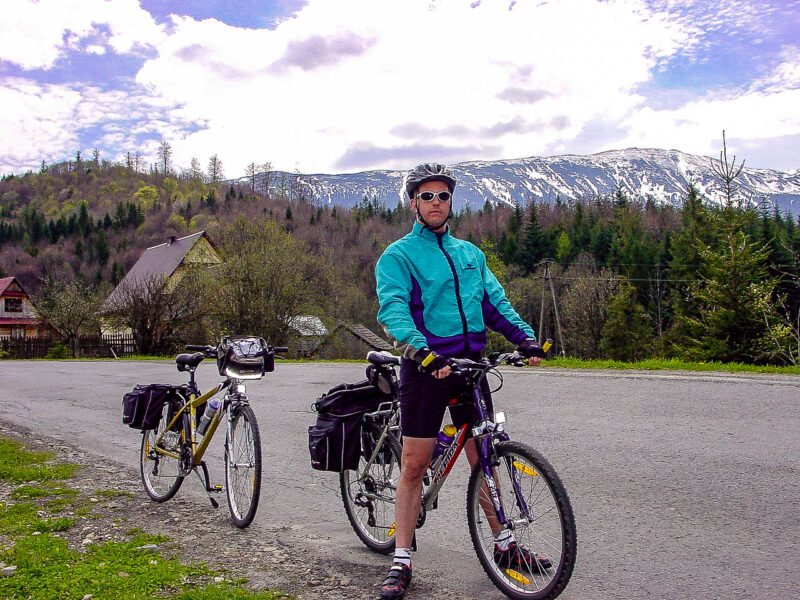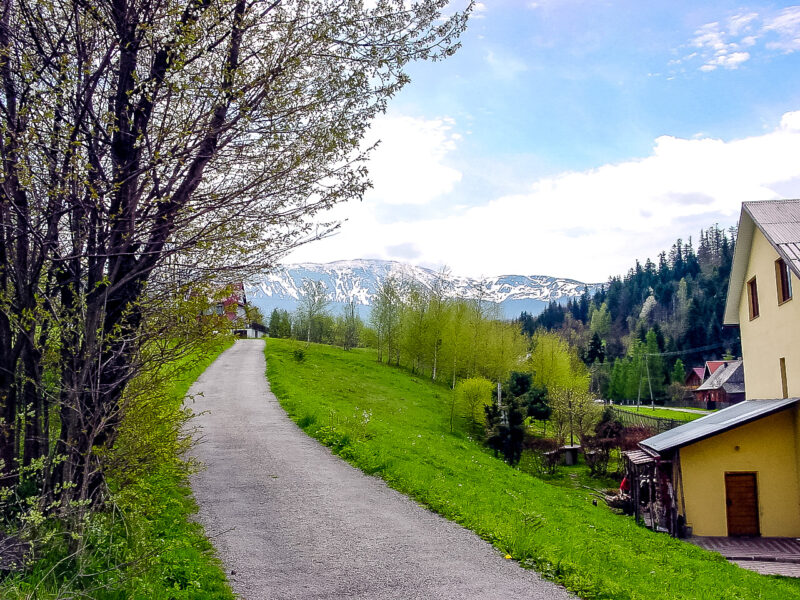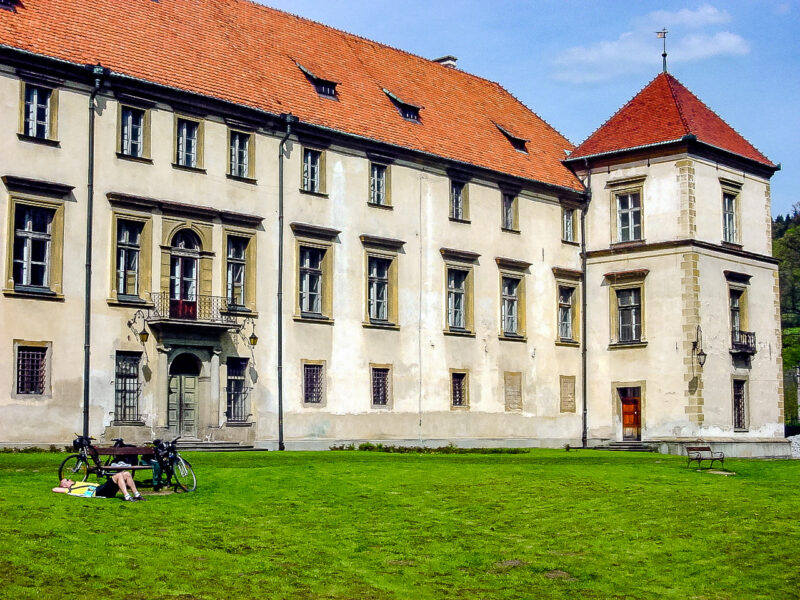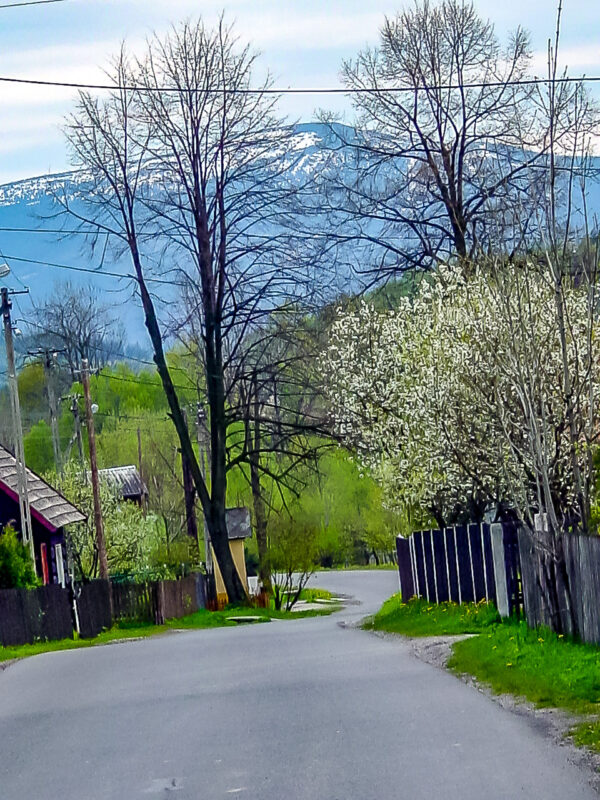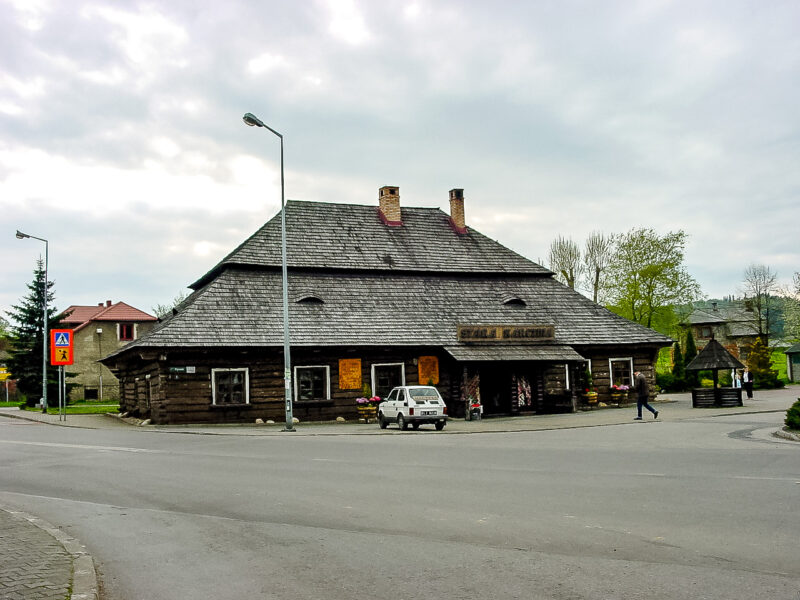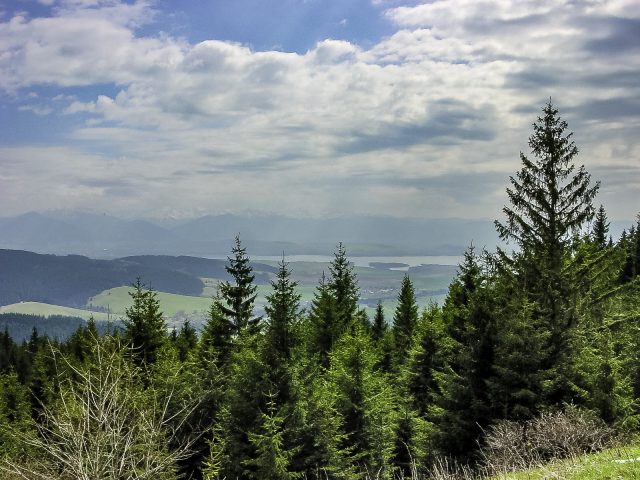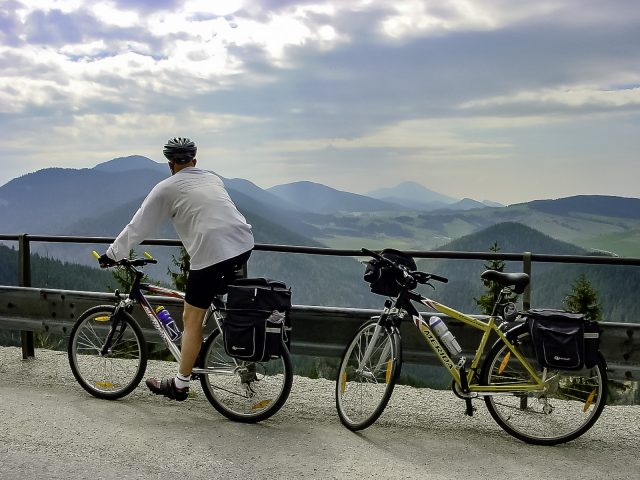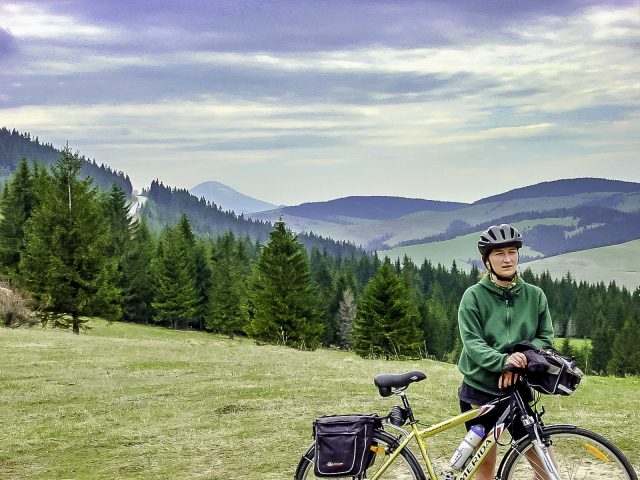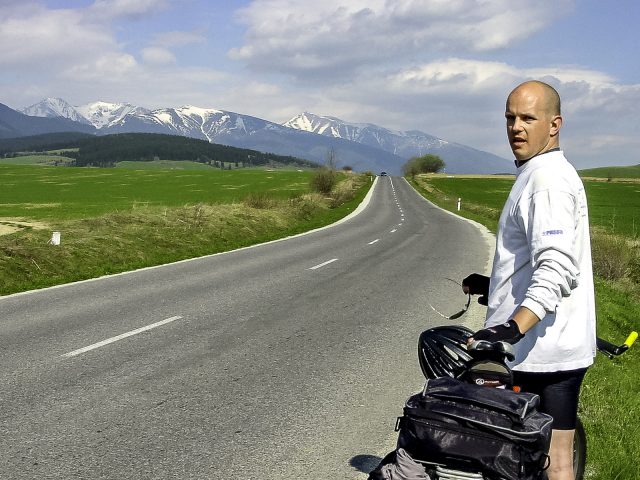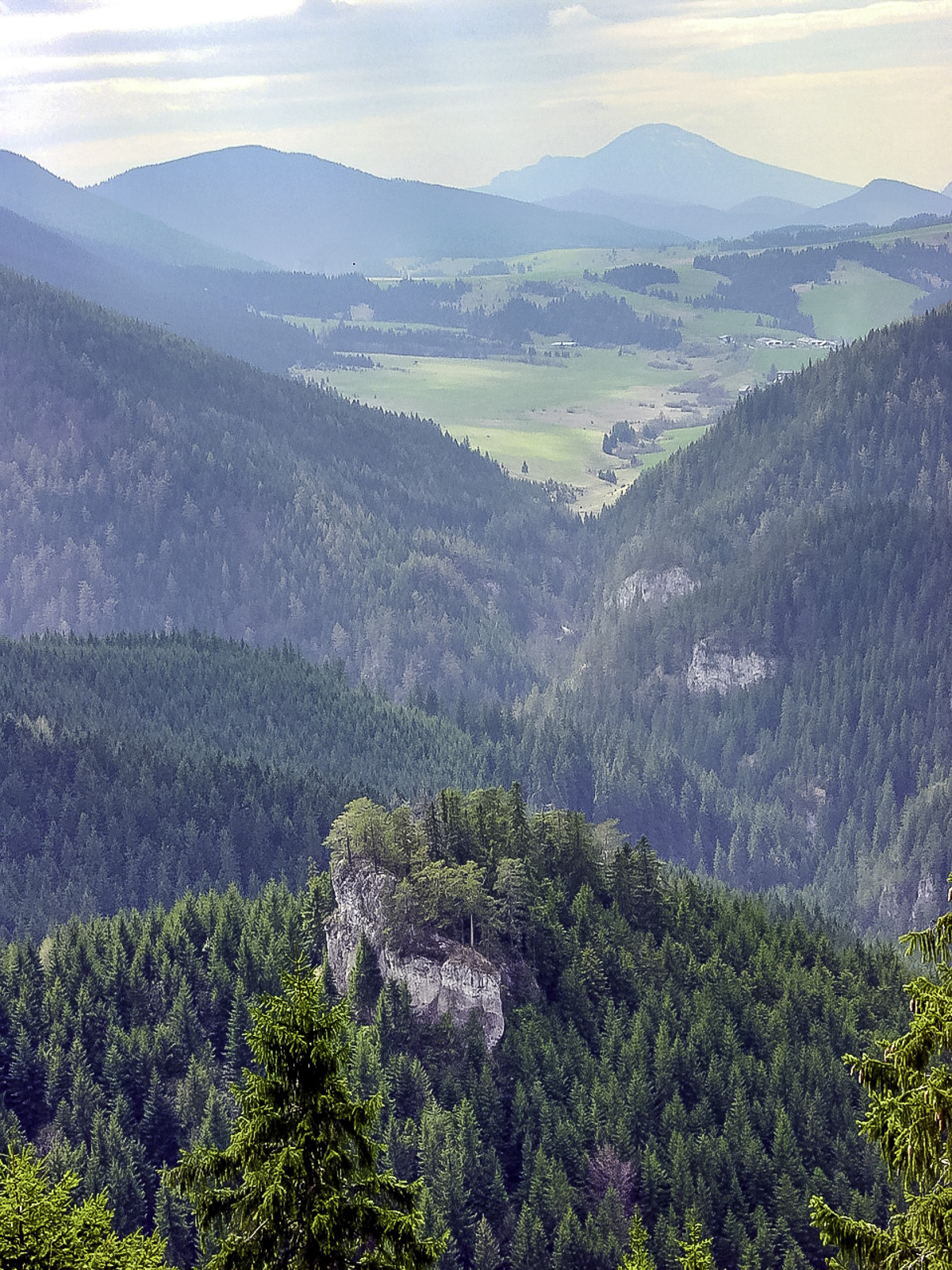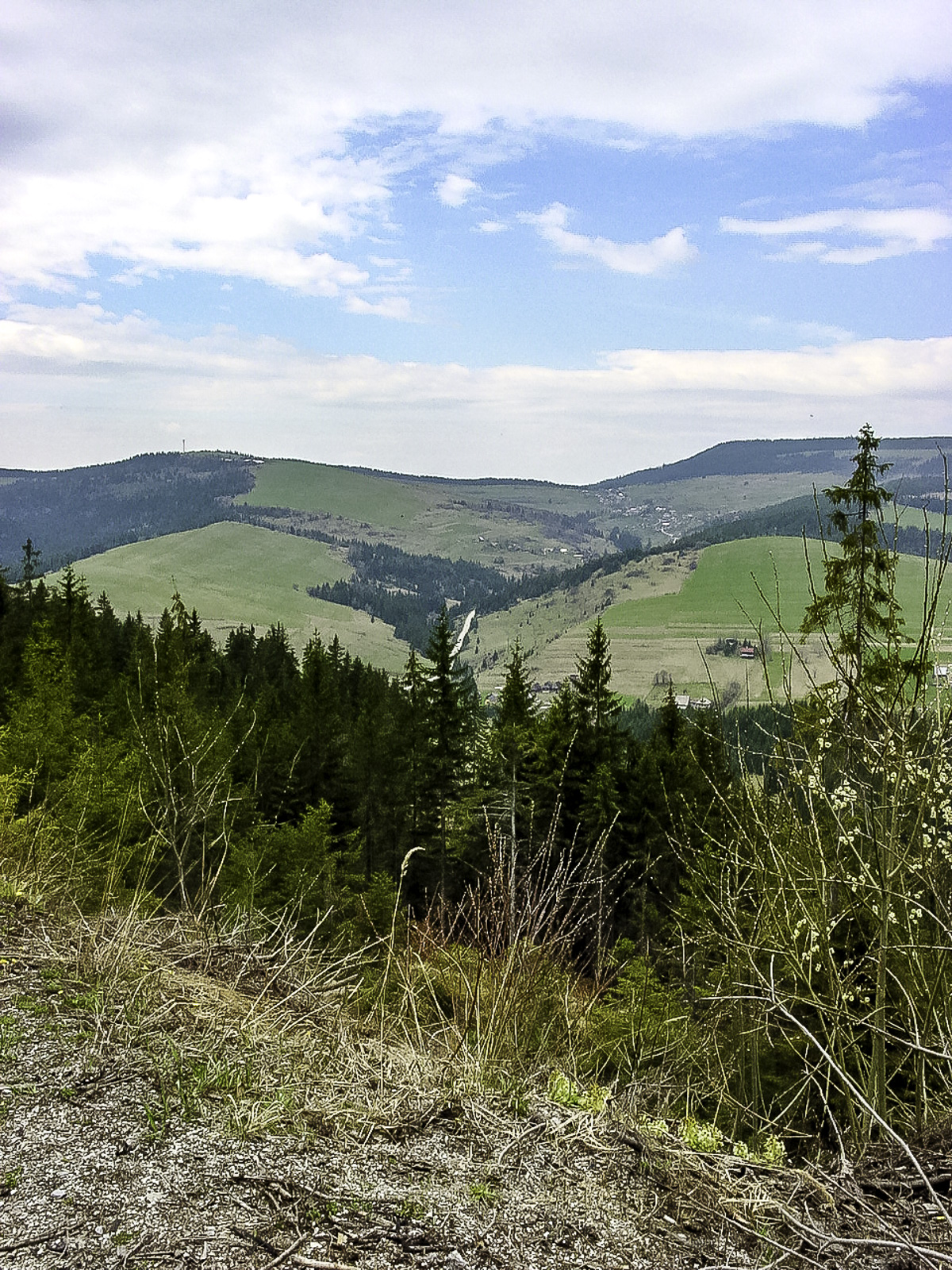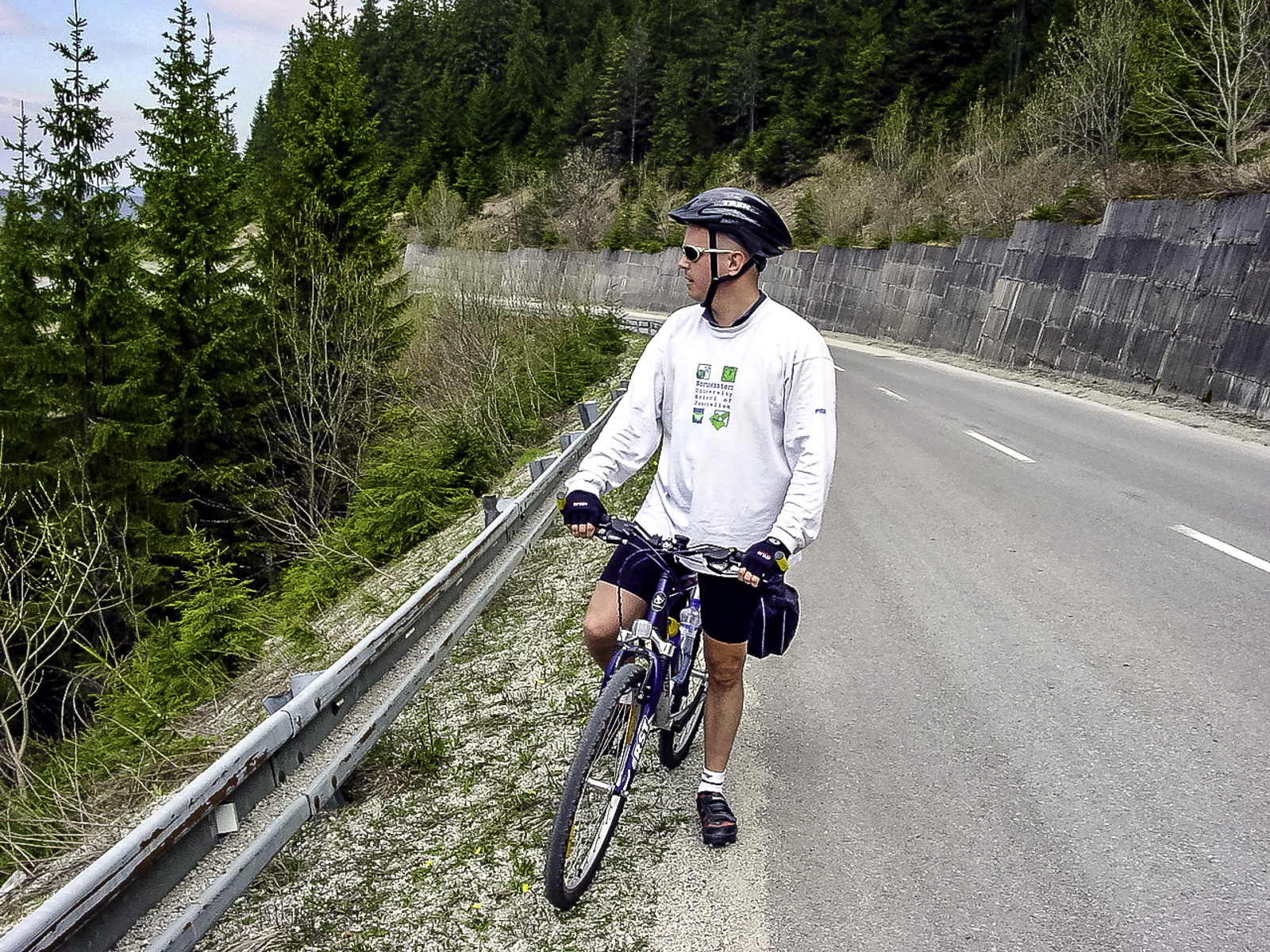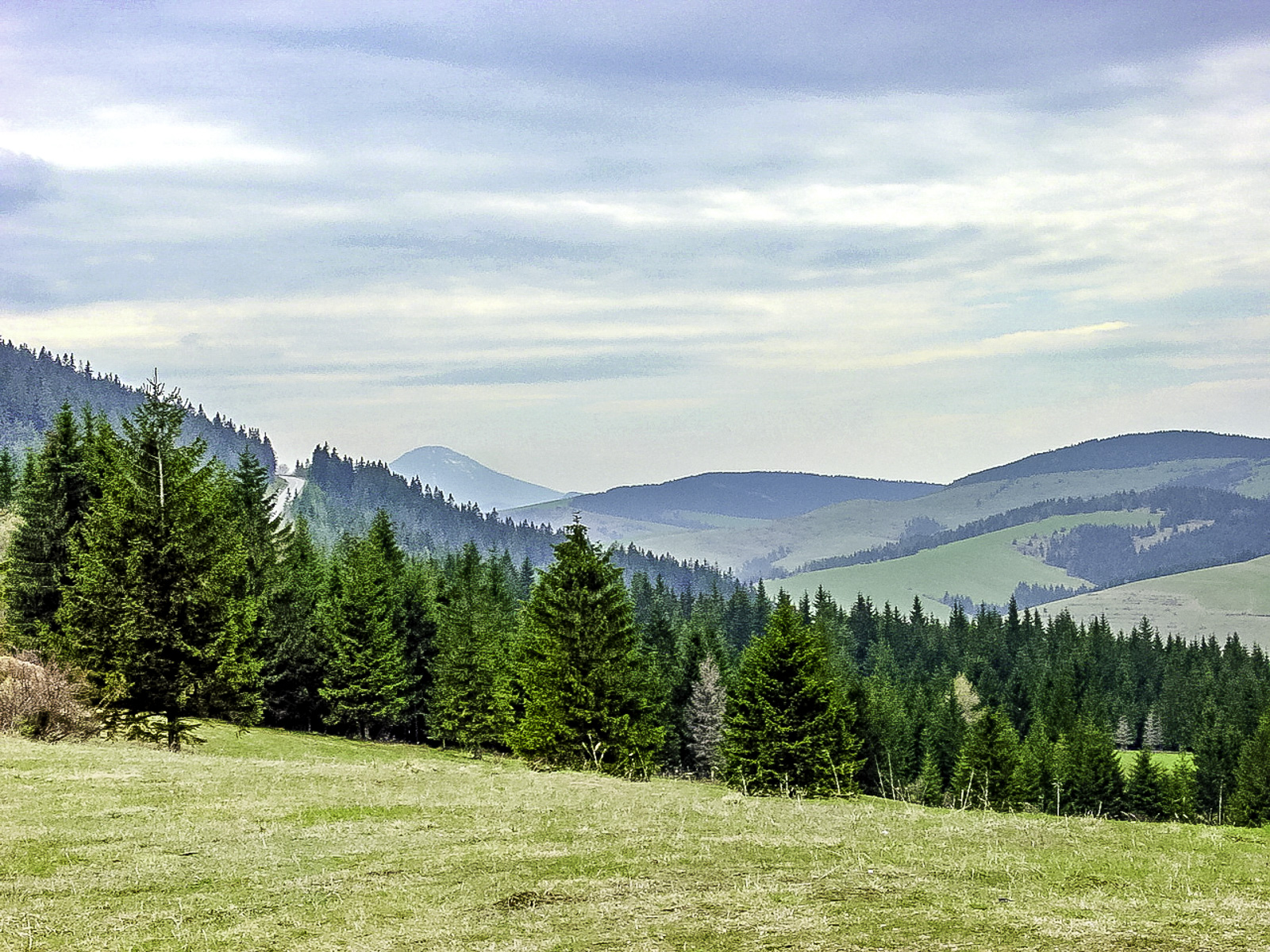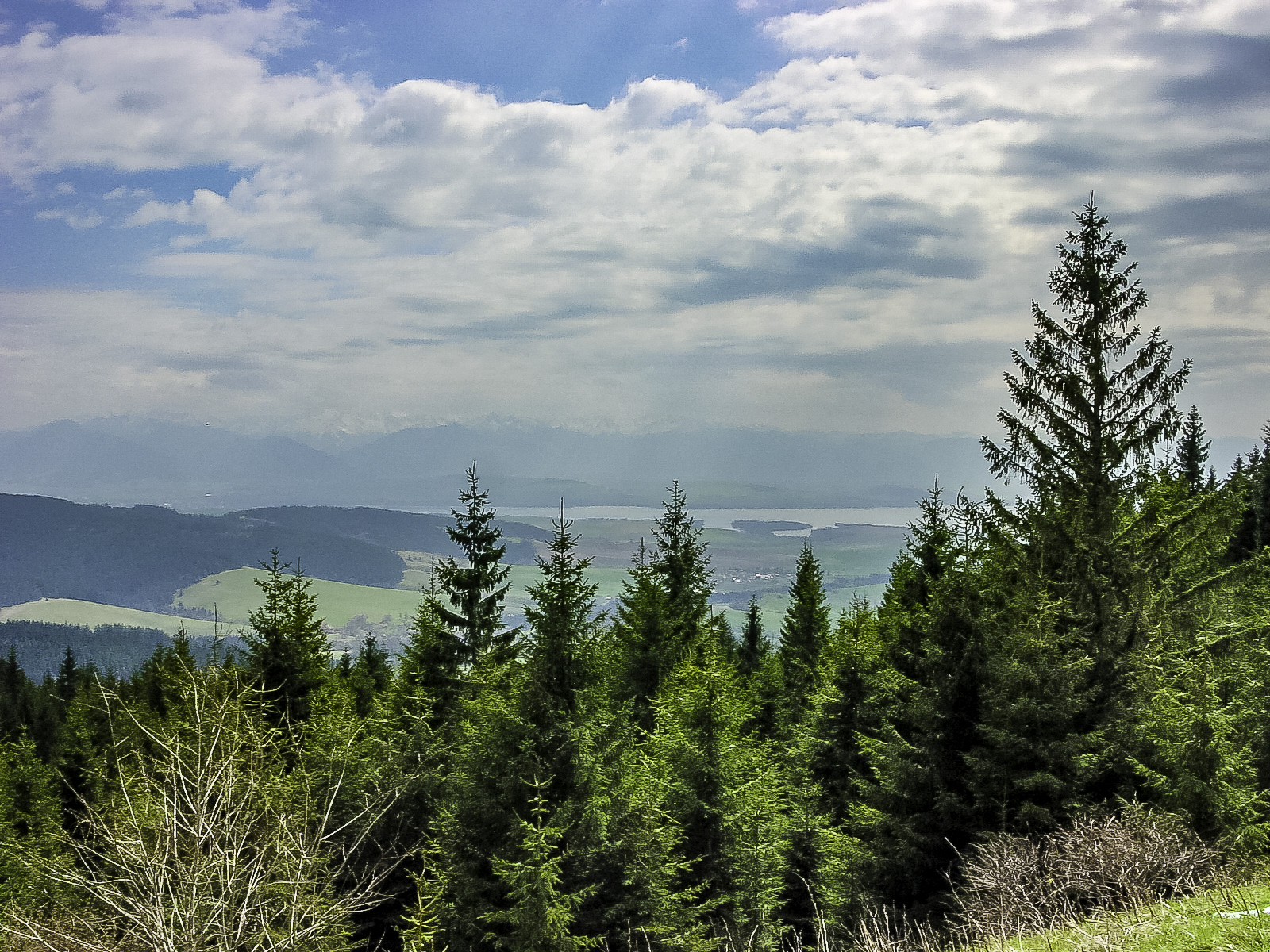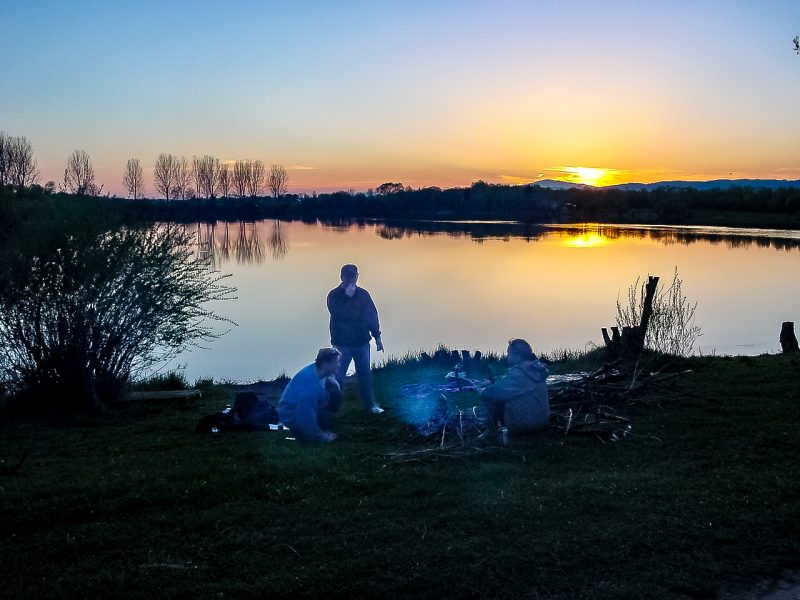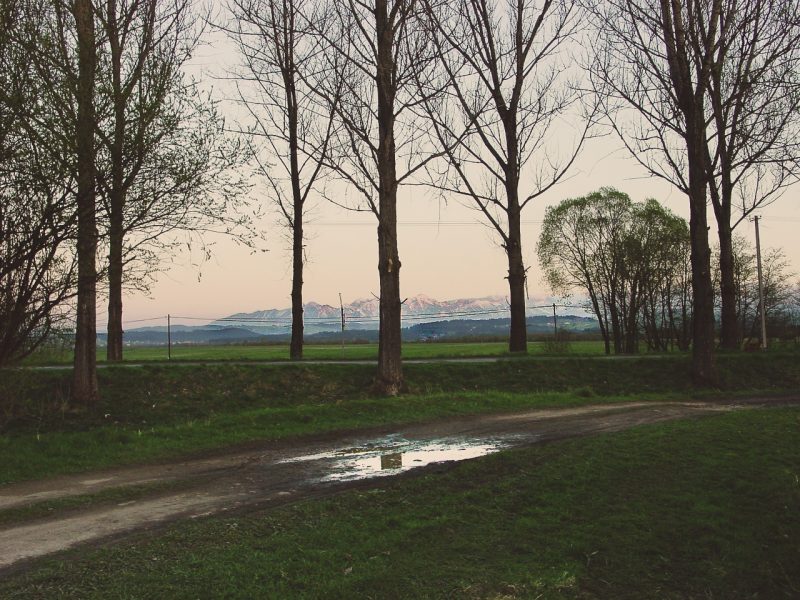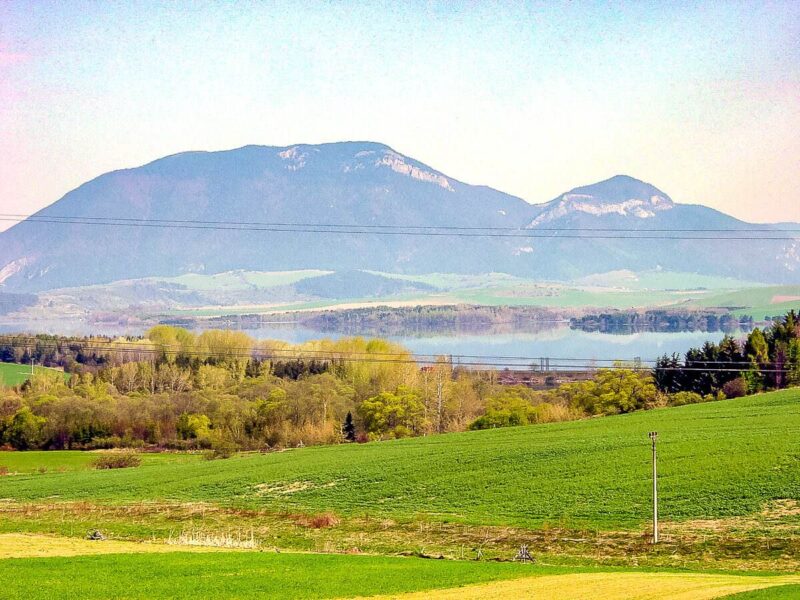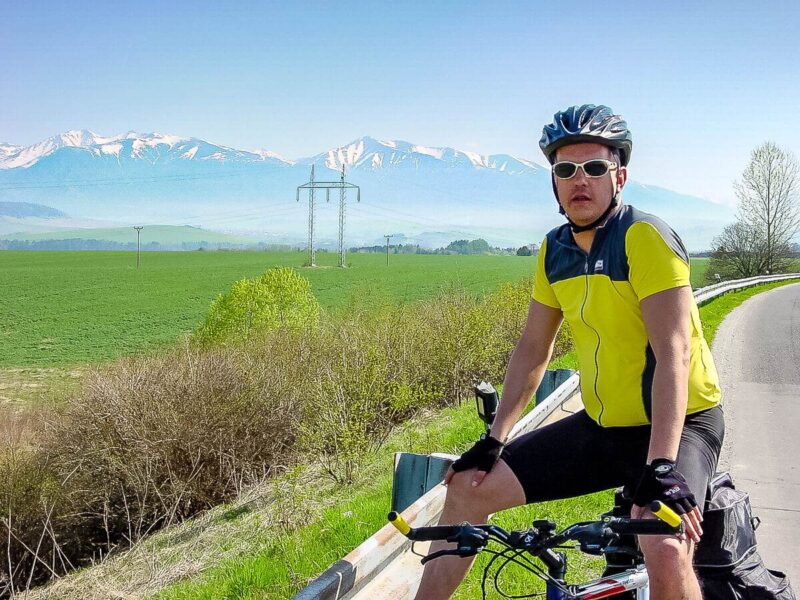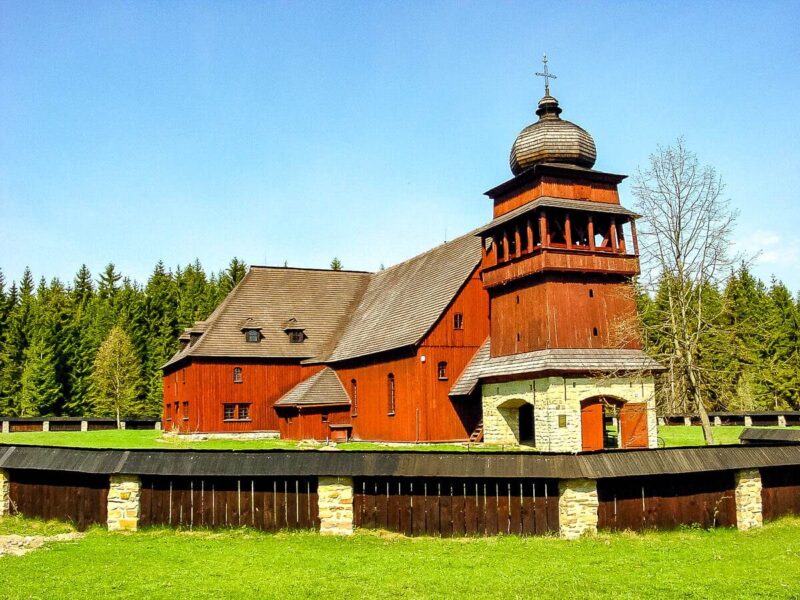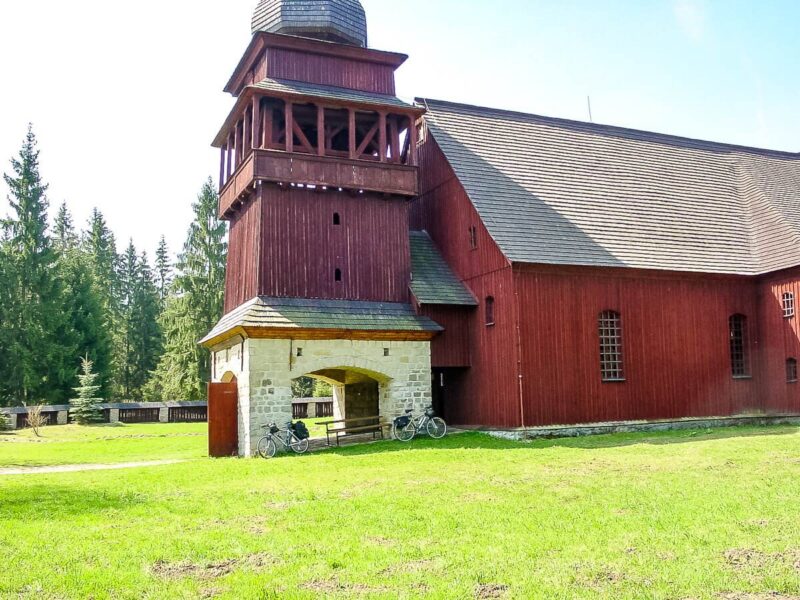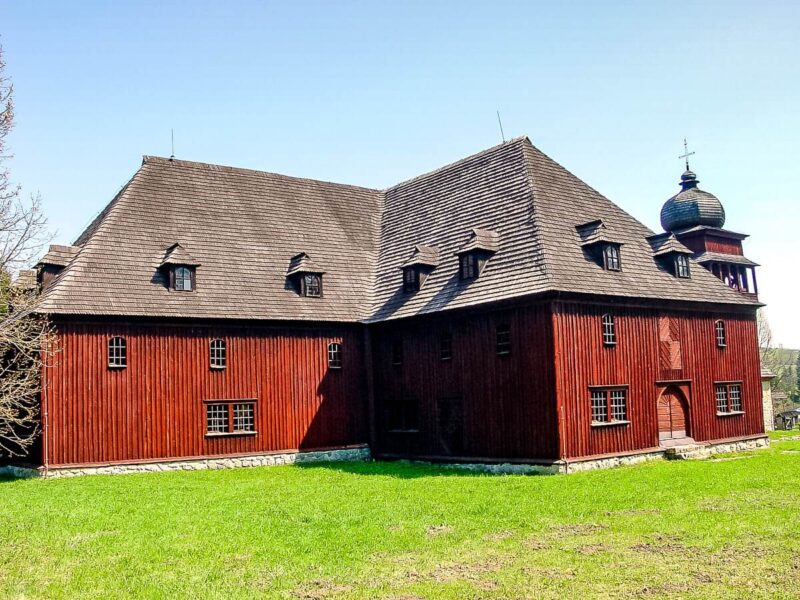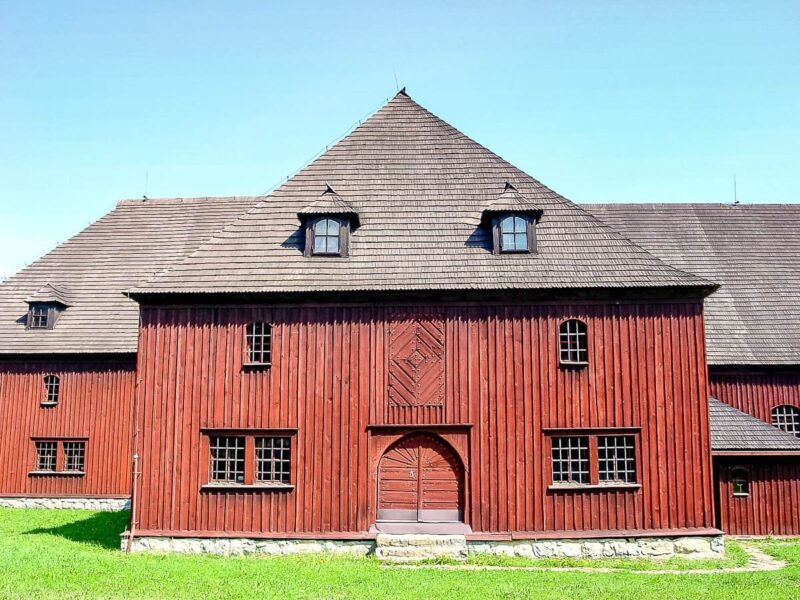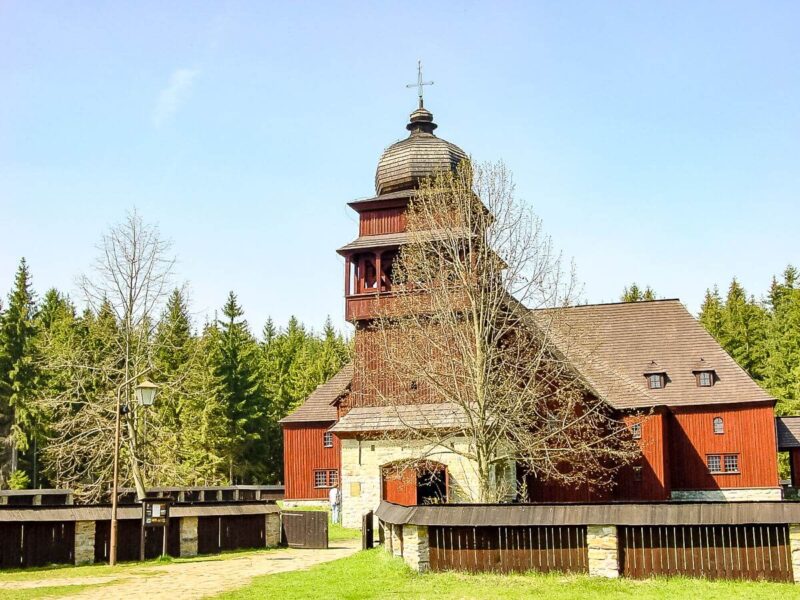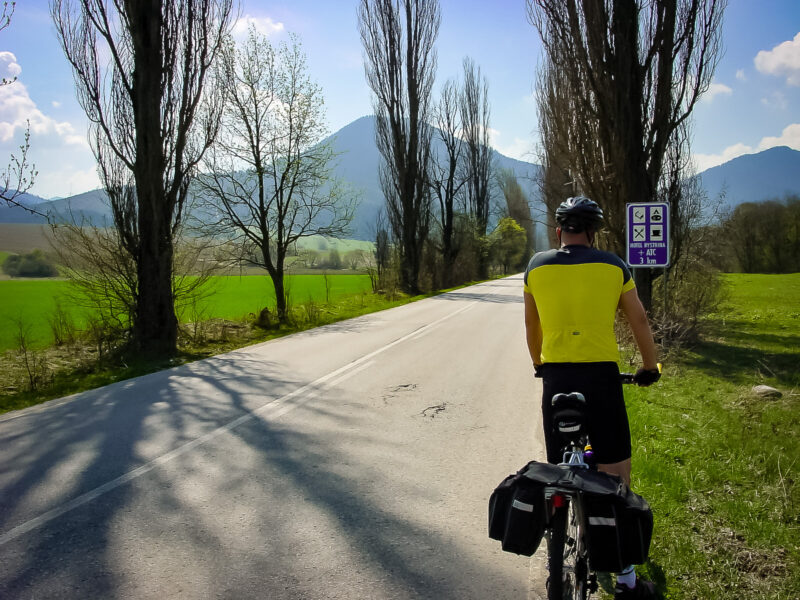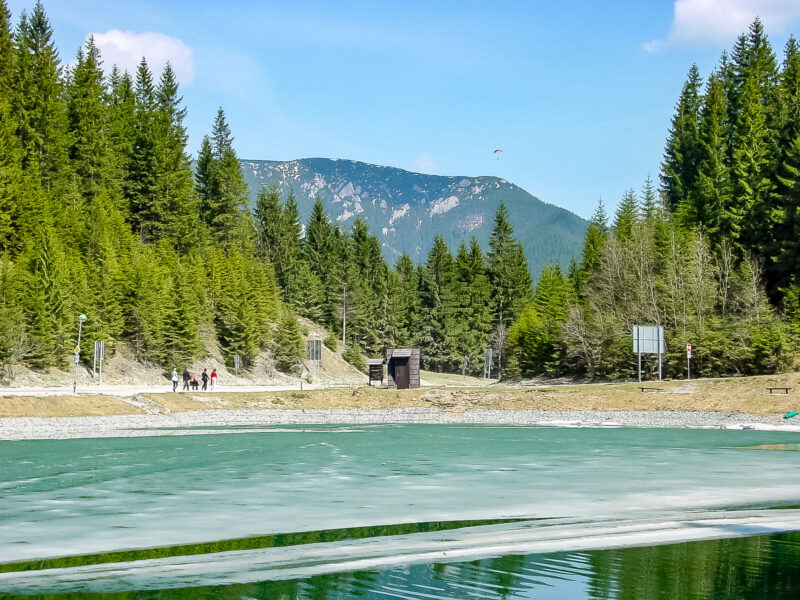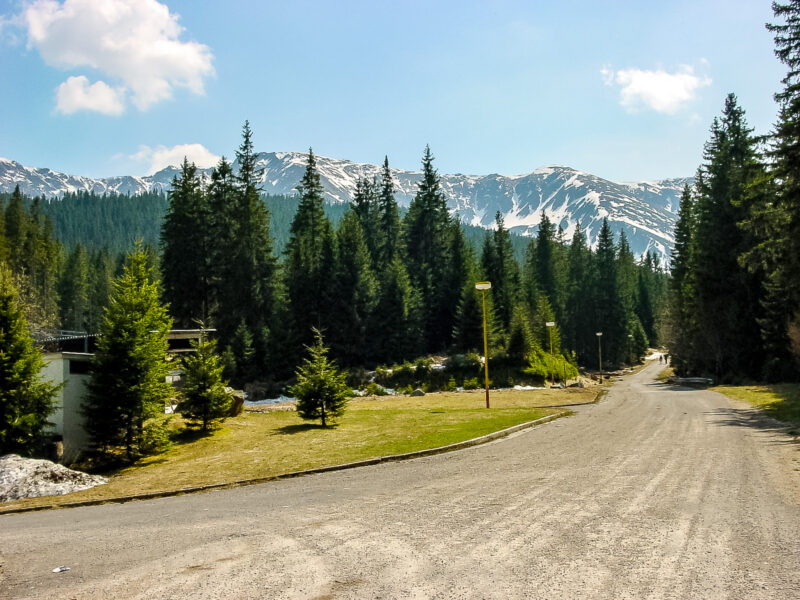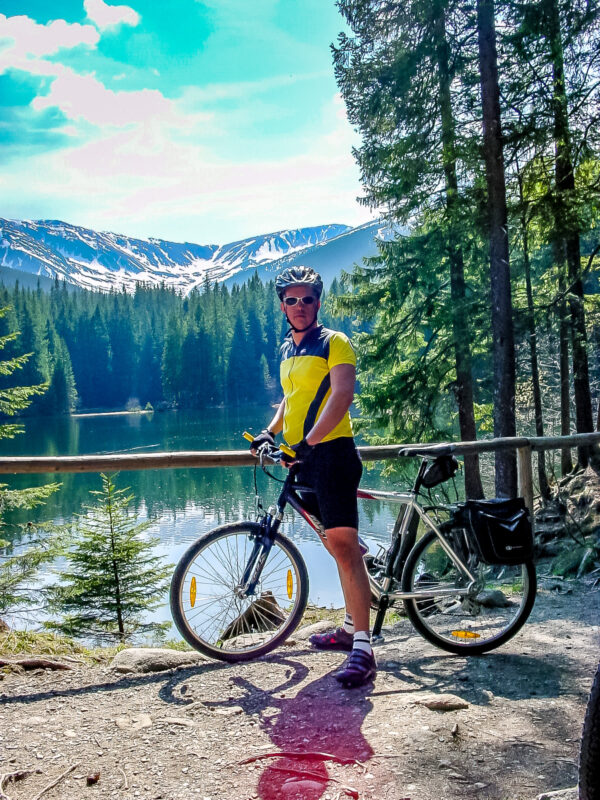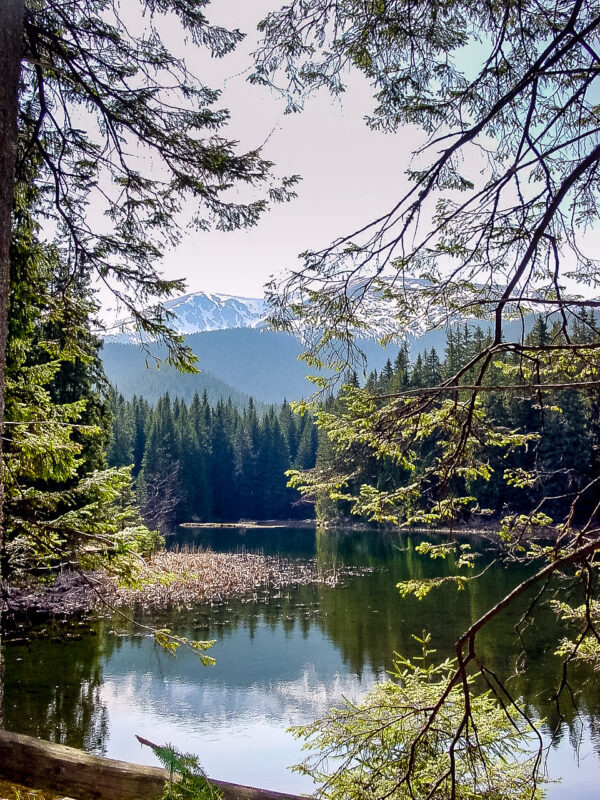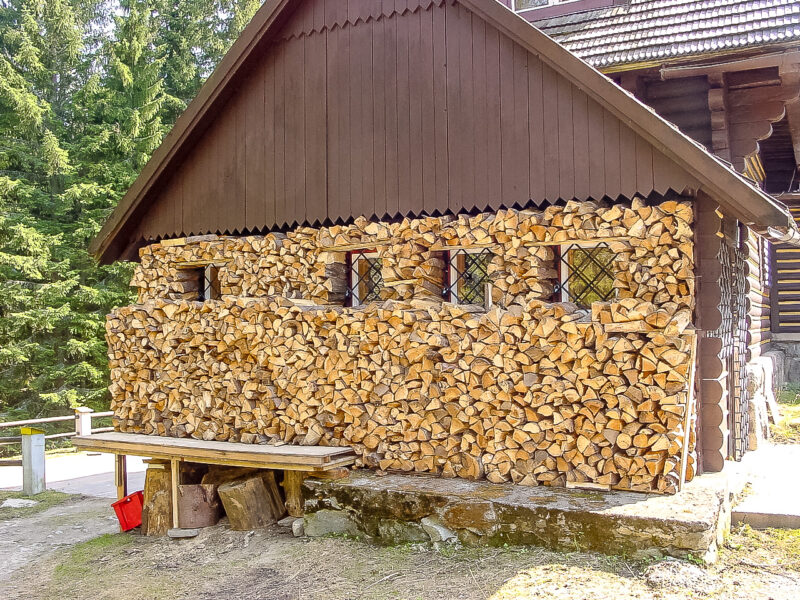One
June is finally here — the month of our return. After four years in Poland, I’m moving back to America. After twenty-some years in Poland, Kinga is moving to America. Big transitions for both of us.
“You’re more European now,” she said last night, not commenting though on what I’m more European than. I suppose than I was. She mentioned the almost cliche change some Muslim men exhibit when, after marriage and returning home with their new wife, they suddenly revert to ultra Islam and become a new person — much to the bride’s dismay. I suppose that’s what she meant — more European than American, and her concern was about me becoming a fast-food bubba.
Two
In the process of packing, I found the old photos I’d taken before coming to Poland the first time, almost ten years ago now.
They were intended to be spare identification photos, though I doubt they’d suffice. Looking at them, I’m shocked at how much I’ve changed and how little I’ve realized that. I look in the mirror every day, after all, and so the changes — receding hairline, more mature eyes, lack of the scars of adolescence — slipped by me. I imagine that’s how it’ll be with Kinga as time passes. “What will she look like when she’s forty?” I ask myself, knowing the answer will still be “beautiful.” But it’s hard to imagine the marks time will make, and now I see it’s doubtful I’ll even notice until I look at our wedding album.
Three
Back to America. I haven’t been to the States in three years — too-busy summers and a lack of money will do that to you. “Reverse culture shock” is something you hear about from time to time, and I’m wondering if it’s hovering there, a few weeks in the future. When I went back for the first time in 1998, after two years in Poland, the difference was profound. The quality of roads was something I’d totally forgotten about, so used to bumping along I’d become. The ability to understand almost everyone around me without trying felt almost like a dirty secret. “Do they realize I understand everything they’re saying?”
But most shocking was the choice — fifty-seven varieties of everything. The entire row of paper products (paper towels, napkins, etc.) at Super Wal-Mart literally stopped me mid-stride. Channel after channel on the television, all in English. Restaurants for every conceivable palate and wallet.
And so I know the feeling of “My oh my” that awaits Kinga.
 is a joke.
is a joke.